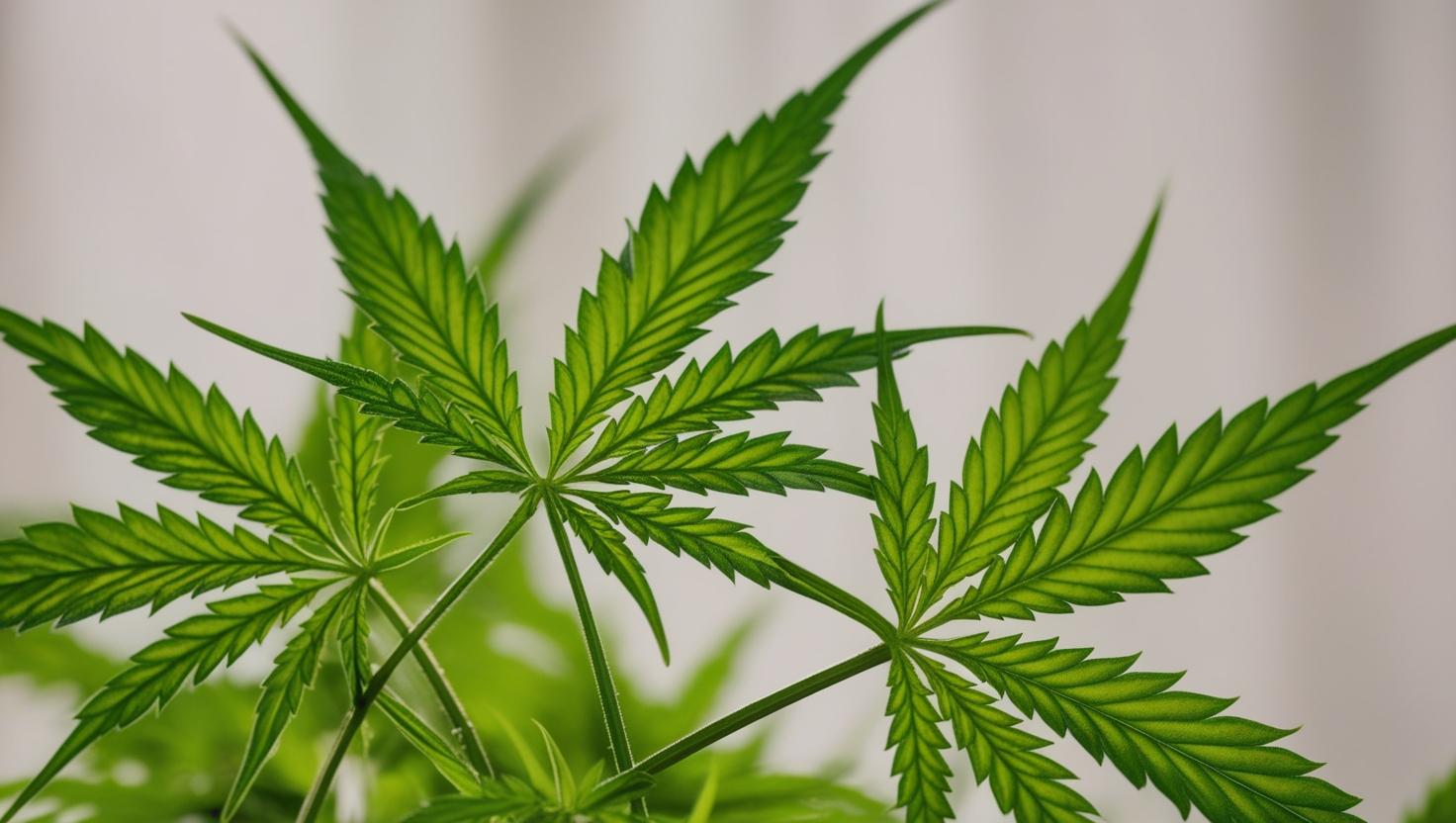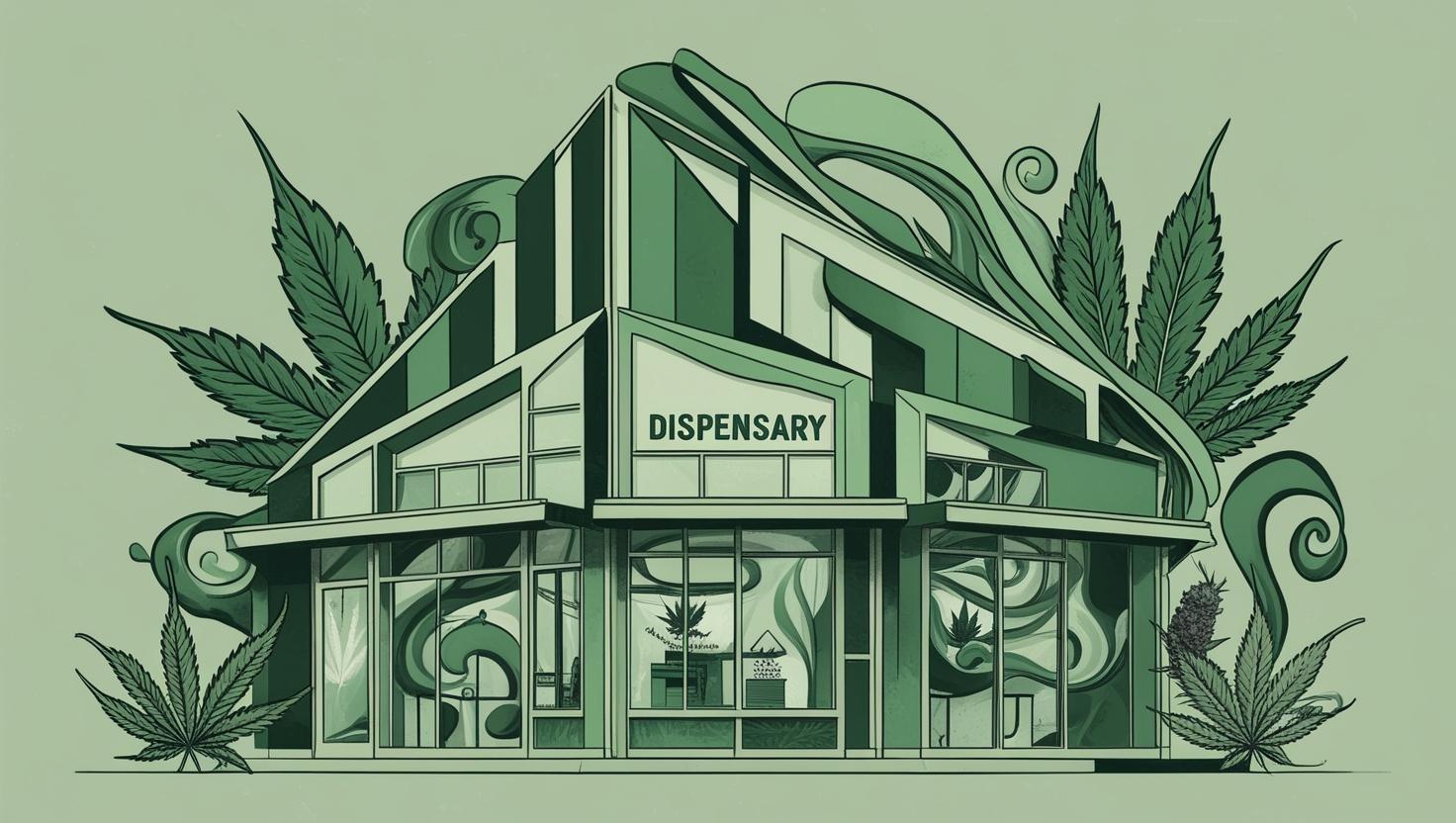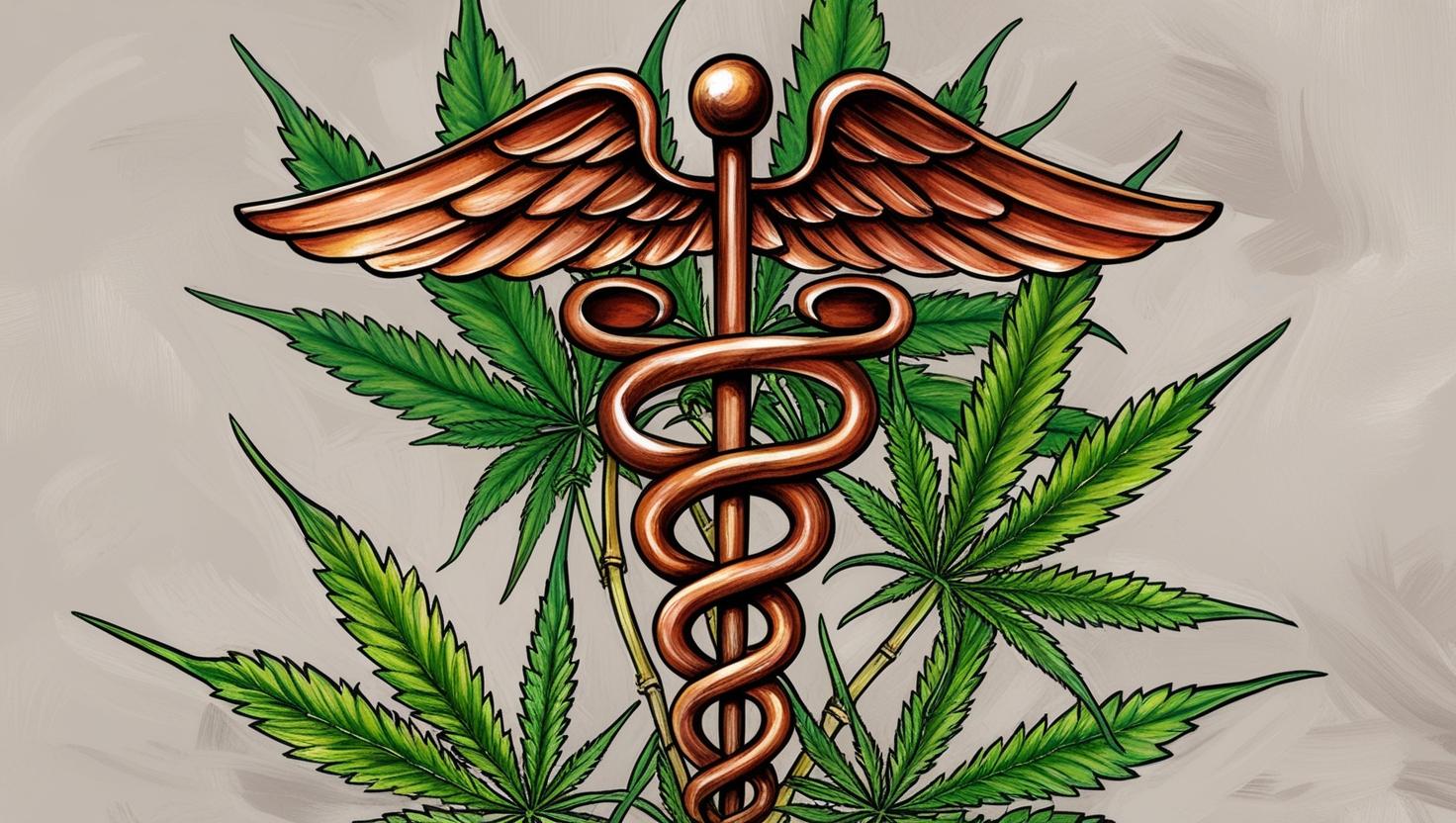As cannabis rapidly evolves into a globally regulated commodity spanning pharmaceuticals, healthcare, and industrial exports, the United States risks being left behind. While more than 100 countries legalize and scale cannabis operations, federal inaction and investor caution threaten America’s place in an industry it once pioneered.
Call it emerging, exploding, or maturing—the global cannabis market is no longer speculative. According to Whitney Economics, the total addressable market for THC-based medical and adult-use cannabis could reach €429 billion (~$483 billion), with an additional $456 billion potential from hemp-based products across industries like textiles, cosmetics, and construction.
Yet the U.S. remains stuck in a legal and regulatory patchwork, valued at $31.4 billion but fractured by state-by-state rules and federally paralyzed. Meanwhile, countries like Germany, Israel, Colombia, and even emerging African markets are building frameworks that support exports, insurance coverage, and pharmaceutical-grade quality.
Europe’s Measured Approach
While the U.S. market leaned into hype and hyperbole, Europe built slowly and deliberately—anchored in healthcare and infrastructure. Germany imported over 72 metric tons of medical cannabis in 2024 alone, and its reforms have aligned cannabis with public health and insurance systems rather than retail trends.
“The irony is that while U.S. investors hesitate, Europe has become fertile ground for well-structured, profitable deals,” says Jamie Pearson, CEO of global advisory firm New Holland Group.
Despite investor wariness following past missteps, Europe offers what the U.S. doesn’t: predictability. “U.S. = high risk, low return. EU = slow growth, lower risk, greater predictability,” says economist Beau Whitney.
Latin America’s Untapped Potential
In Latin America, vast natural resources and low production costs position the region for global leadership—if it can overcome regulatory fragmentation. Countries like Colombia and Brazil are advancing exports and patient access, but internal challenges remain.
Brazil’s medical cannabis market alone surpassed $140 million in 2023 and is projected to top $200 million by 2025. Still, domestic production lags, and flower remains restricted. Local leaders argue that instead of resisting cultural norms, governments should develop regulated models with traceability and physician guidance.
“Latin America has all the ingredients to be a global hub,” says Facundo Garretón, CEO of Terraflos. “What’s needed now is execution—bridging regulatory gaps and proving product consistency.”
Israel and Asia: Innovation Engines
Israel’s reputation as a global R&D leader is well-earned. Backed by national policy, the country has conducted hundreds of clinical trials and continues to invest in medical cannabis science.
In Asia, momentum is building. Thailand, South Korea, and even China (via hemp biotech) are advancing cannabis research. China’s industrial hemp market alone could grow from $970 million in 2023 to $6.7 billion by 2032.
By contrast, U.S. researchers are stifled by federal restrictions, limited access to quality material, and bureaucratic hurdles—all byproducts of cannabis’s Schedule I classification.
Germany’s Reform: Not Just Another Adult-Use Story
Germany’s 2024 reforms—allowing adult possession and home cultivation—made headlines, but the core of its model remains medical. Prescriptions are filled at pharmacies, reimbursed by insurance, and regulated through EU-GMP standards.
Sanity Group’s Finn Hänsel estimates that fewer than 1% of cannabis users are engaging with the legal system—leaving significant room for future growth without retail chaos.
Africa: Quietly Gaining Ground
Africa may be the industry’s best-kept secret. Countries like Lesotho, Morocco, and South Africa are aligning policies with EU-GMP requirements and building export pipelines tailored to European demand. With proximity, low labor costs, and strong agricultural traditions, African nations are positioning themselves as credible long-term suppliers.
“We’re not chasing trends,” says Peter-John Pywell, CEO of South Africa’s Uncle Rooneys. “We’re building a future rooted in quality, consistency, and community.”
America: Time Is Running Out
While global players expand with precision and purpose, the U.S. remains bogged down by indecision. Despite being the world’s largest consumer market, it lacks unified regulation, insurance coverage, and research freedom. The result? Missed opportunities and a fading leadership role.
“There’s still time,” says Pearson. “But the rest of the world isn’t waiting.”
If you’re ready to get your card or still have questions, just click the Elevated Health MD button below

Click on the button below for additional medical cannabis articles





Leave a Reply